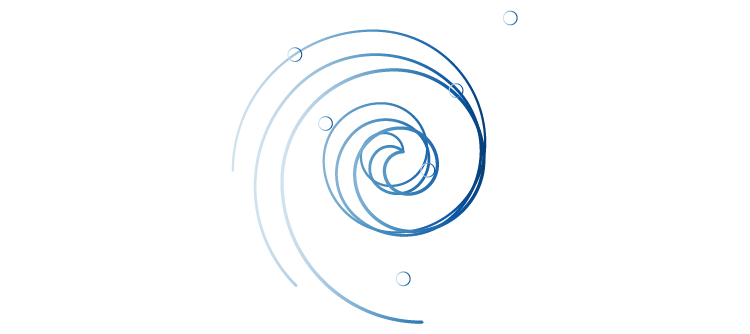“The thing about parenting rules is there aren’t any. That’s what makes it so difficult.” -Ewan McGregor
When I was a kid in the 1970’s, it would be normal to be smacked with a belt if you did something wrong. Not beaten as had too often been the case in previous generations, but a good swat that left a moment’s sting and more importantly a reminder that actions had consequences. A short cycle feedback loop of embarrassment and discomfort for violating the rules that helped create self-discipline so that the fear of the belt would be enough of a deterrent, and eventually not even needed because we learned right from wrong and that choosing the right path was just better.
Can’t smack kids today.
Even though a lot of twenty-somethings could use a smack on the bottom before their lack of respect for others gets them a crack in the mouth (or worse). Their parents have gone to the opposite extreme of no consequences for actions, no boundaries, and so there are many teenagers and toddlers walking around pretending to be adults but who haven’t learned to emotionally regulate or to defer pleasure until after they have earned it. People in their twenties and thirties that never learned that they couldn’t play until their school work was done and so still prioritize play over work like a pre-schooler. Who never learned that if you don’t eat your vegetables, there is no dessert and so are walking around with weight issues and emotional health issues because “no” was a four letter word growing up. The constant stream of rich-kid screw ups and suicides is a reflection of boundaryless parenting.
Neither approach is wholly right, and both extremes have some good aspects and success stories.
The best job description I ever heard about being a parent was that it is our responsibility to make ourselves obsolete. That we let the kids be kids, and help them to understand themselves and the rules of the Society that they are to operate within. That they learn to take appropriate level responsibility and learn how to fend for themselves, knowing we have their back and we will love them no matter what as they figure this thing called Life out. That we aren’t perfect but we try, and that as they get older they can see and understand more so that they have little surprises and insights as they develop instead of being bubble wrapped and isolated and insulated and eventually traumatized when the see the full reality of the world.
The two jobs of the parent are to protect and to prepare. Traditionally the mother provided emotional protection and support while the father provided financial and physical. As the child grew in size and emotional capacity, both parents would pull back slowly but still be there to guide them, to answer questions, and as need be instigate corrective action with a stern or supportive word. Or a wooden spoon. As the child grew along all the different aspects, the role of the parent would lessen as the child became a young adult and earned their rights and responsibilities.
Prepare. Protect. These are the two key guidelines for parenting properly. How much of each and at what time and in what manner is where the uncertainty and variability lies, and each household and child are unique. Follow the general principles based on your own upbringing and best models you have seen, and just know that almost all the time, the kids will turn out alright.
